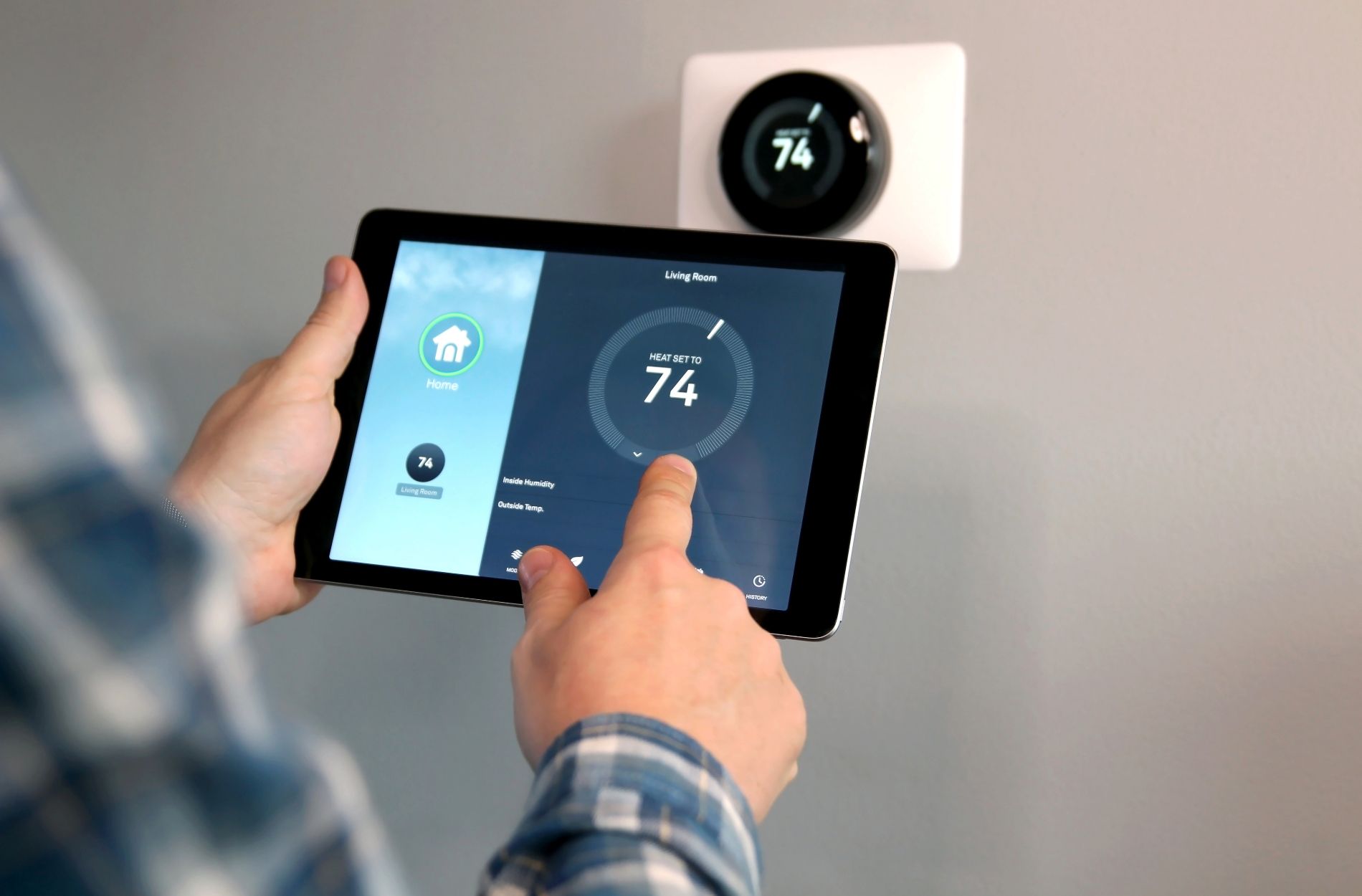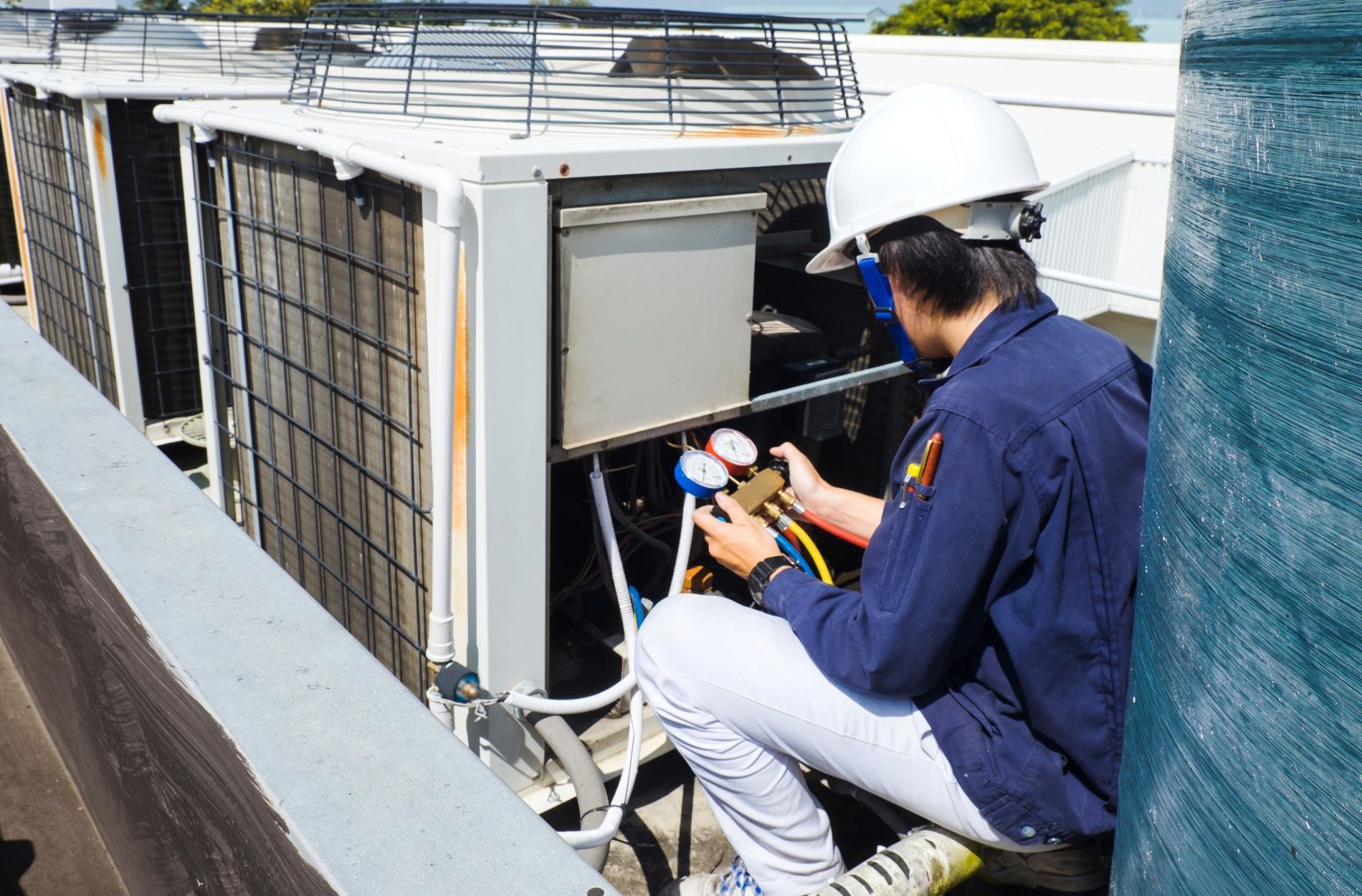Top HVAC Tips to Improve Indoor Air Quality
Indoor air quality plays a crucial role in our overall health and well-being. When we think about air pollution, we might picture smoggy cities and industrial areas, but the air inside our homes can also harbor pollutants. Dust, allergens, and even harmful chemicals can accumulate without proper ventilation and air filtration. This can affect our comfort and health, making it harder to breathe and even causing allergies or other respiratory issues.
Our HVAC systems significantly impact the quality of air in our homes. These systems are designed to heat, cool, and ventilate the air, but they also play a vital role in filtering out contaminants. A well-maintained HVAC system can help reduce the amount of dust, pollen, mold, and other airborne particles, creating a cleaner and healthier environment.
Making small changes to how we use and maintain our HVAC systems can greatly improve indoor air quality. In this article, we'll explore how our HVAC systems contribute to air quality, what maintenance tasks are essential for cleaner air, and how advanced features can make a difference. We will also share some simple habits that can help support these systems in their efforts to provide us with the freshest air possible.
Understanding the Role of HVAC Systems in Air Quality
HVAC systems play a vital role in maintaining indoor air quality. These systems regulate temperature, humidity, and airflow, contributing to a comfortable and healthy living environment. One of the key functions of an HVAC system is to filter air, capturing dust, pollen, pet dander, and other airborne particles. This filtration process helps reduce allergens and pollutants, making the air cleaner to breathe.
An HVAC system can also help control the humidity levels in your home. Maintaining proper humidity is essential for preventing the growth of mold and mildew, which can negatively impact air quality and cause health problems. Moreover, HVAC systems continuously circulate air throughout your home, ensuring that stale air is replaced with fresh air. This continuous circulation helps prevent the buildup of pollutants indoors, maintaining a healthier atmosphere.
Essential HVAC Maintenance for Cleaner Air
To ensure your HVAC system effectively enhances air quality, regular maintenance is crucial. One of the most important maintenance tasks is changing the air filter. A clean filter efficiently traps airborne particles, preventing them from recirculating in your home. It’s recommended to check and replace the air filter every one to three months, depending on the system’s usage and the presence of pets or allergies.
Another essential maintenance task is cleaning the air ducts. Over time, dust and debris can accumulate in the ducts, reducing airflow and spreading contaminants throughout your home. We recommend scheduling professional duct cleaning every few years to keep your system running smoothly. Additionally, it’s beneficial to have regular inspections and tune-ups performed by qualified technicians. These checkups can identify potential issues before they become major problems, ensuring your HVAC system operates efficiently and maintains optimal air quality.
Using Advanced HVAC Features to Enhance Air Quality
Modern HVAC systems come equipped with advanced features designed to improve air quality. One of these features is the use of high-efficiency filters, such as HEPA filters, which can trap smaller particles like pollen, pet dander, and even some bacteria. These filters are much more effective than standard ones, significantly reducing contaminants in your indoor air. By utilizing these filters, we can ensure our home's air stays cleaner and healthier.
Another advanced feature is the integration of air purifiers and UV lights within the HVAC system. Air purifiers work to neutralize airborne pollutants and odors, while UV lights can kill bacteria, mold, and viruses circulating through the air ducts. This combination provides a robust solution for maintaining high indoor air quality. Additionally, smart thermostats that monitor and adjust humidity levels contribute to a balanced and comfortable indoor environment, preventing the conditions that foster mold and dust mites.
Simple Habits to Support Your HVAC System’s Efforts
Aside from relying on your HVAC system's advanced features, there are several simple habits we can adopt to support its efforts in maintaining clean air. Regularly changing or cleaning air filters is one of the most effective ways to ensure good air quality. Dirty filters can obstruct airflow and recirculate contaminants, so keeping them clean is essential for system efficiency and air purity.
Keeping your home clean also plays a crucial role. Regular vacuuming, dusting, and mopping can help reduce the amount of dust and allergens that your HVAC system needs to filter out. It's also advisable to maintain proper ventilation throughout your home. Opening windows when weather permits and using exhaust fans in kitchens and bathrooms can help remove indoor pollutants. Simple actions like these can greatly enhance your HVAC system's ability to keep your indoor air clean and healthy.
Final Thoughts
Maintaining good indoor air quality is crucial for our health and comfort, and our HVAC systems play a vital role in achieving this. From using advanced features like high-efficiency filters and UV lights to adopting simple habits like regular filter changes and home cleaning, we can significantly improve the air we breathe. These efforts ensure our HVAC systems operate effectively and efficiently, providing a safe and comfortable environment in our homes.
At Anytime Heating & Air, we are committed to helping you achieve the best
indoor air quality possible. Whether you need routine maintenance, advanced air quality solutions, or new system installation, our experienced team is here to assist you. Contact Anytime Heating & Air today to learn how we can help you breathe easier and live more comfortably.


